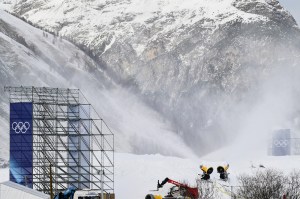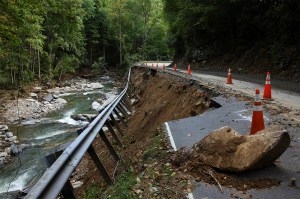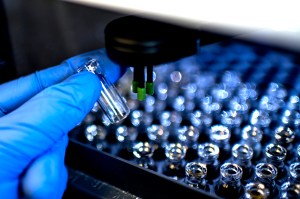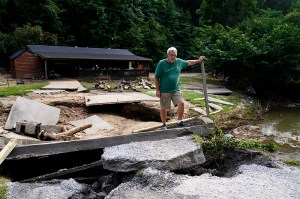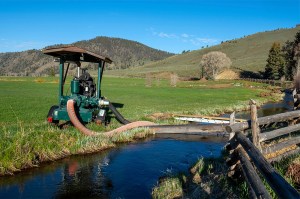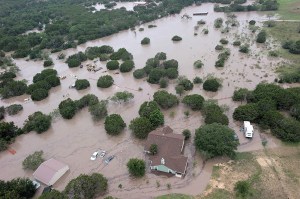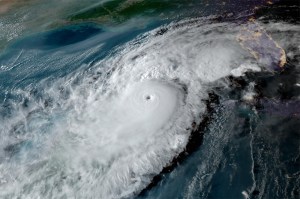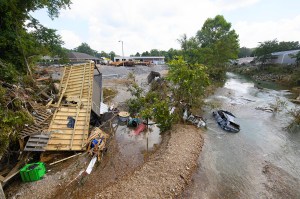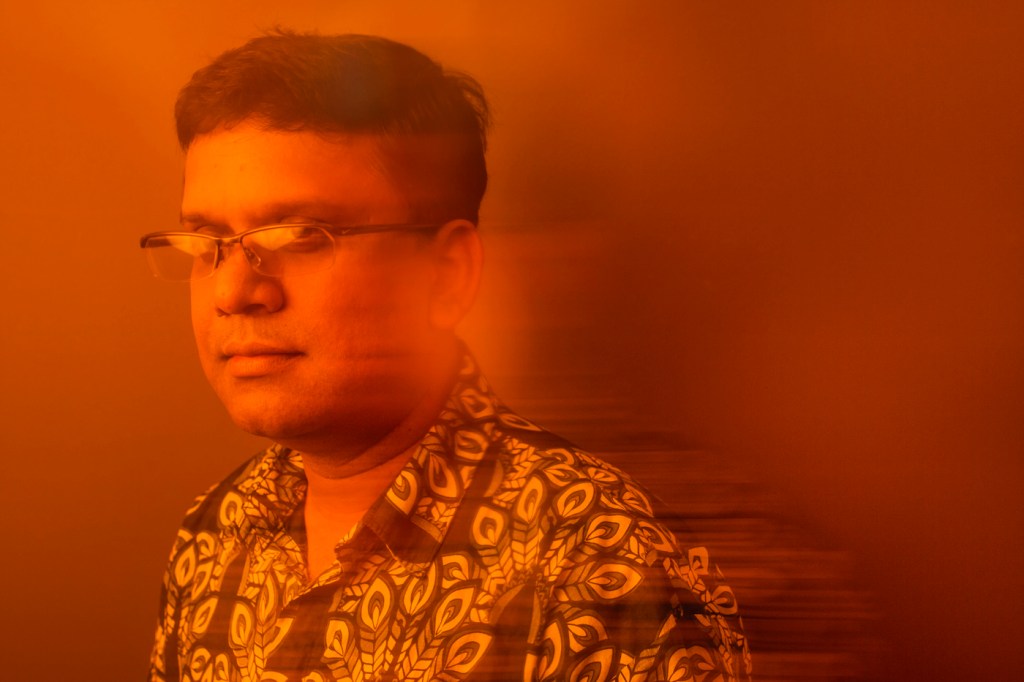
Auroop
Ganguly
Professor of Civil and Environmental Engineering, Director of Sustainability & Data Sciences Laboratory (SDS Lab)
Auroop Ganguly in the Press
Gizmodo
Scientists Predict Extreme Global Water Shortages by 2100
The study provides a timely, comprehensive estimate of future water scarcity risk, Auroop Ganguly, a distinguished professor of civil and environmental engineering at Northeastern University who was not involved in the research, told Gizmodo.
Science
Local predictions of climate change are hazy. But cities need answers fast
The adjustments can also wipe out any trends predicted by a climate model. Last year, Auroop Ganguly, a climate scientist at Northeastern University, and his colleagues applied a widely used downscaling and bias correction method to two different outputs: real climate model data and random noise.

Dubai Floods Expose Weaknesses to a Rapidly Changing Climate
But it will take “significant data analysis” to ascertain the role, if any, it played in making the rains more extreme, according to Auroop Ganguly, a civil and environmental engineering professor at Northeastern University in Boston. “Often major floods in a city relate to urban drainage and related infrastructures,” he said.

U.S. Wheat Supply Threatened as Worst Drought in Decade Scorches Kansas
Auroop Ganguly, director of the Sustainability and Data Sciences Laboratory at Northeastern University, Boston, told Newsweek, “On the hydrometeorological hazards side, heat waves are getting—and are further projected to get—even hotter, cold snaps persisting even if growing less frequent, heavy precipitation getting heavier, and so on.
Semafor
AI is helping scientists and startups fight El Niño
“Some of the strongest benefits of AI are in the areas of climate and weather,” said Auroop Ganguly, climate director at Northeastern University’s Institute for Experiential AI and author of a recent study that used AI to study how El Niño changes the flow of major rivers like the Ganges and Amazon. In older computer models of […]
Lifewire
How Could AI Help Combat Climate Change? Let’s Count the Ways
“AI is a powerful tool for understanding the resilience of transportation, healthcare, water, energy, and communications systems in response to extreme weather,” Auroop Ganguly, a professor of civil and environmental engineering at the Institute for Experiential AI at Northeastern University, told Lifewire in an email interview.

Is California Still in a Drought?
Auroop Ganguly, director of the Sustainability and Data Sciences Laboratory at Northeastern University, Boston, previously told Newsweek, “On the hydrometeorological hazards side, heat waves are getting—and are further projected to get—even hotter, cold snaps persisting even if growing less frequent, heavy precipitation getting heavier, and so on.”
Grist Magazine
23 Predictions for 2023
“We need to be open to the possibility of relocation” says Auroop R. Ganguly, professor of civil and environmental engineering at Northeastern University

A Million Migrating Birds Expecting Kansas Wetlands Will Find Dust
Auroop Ganguly, director of the Sustainability and Data Sciences Laboratory at Northeastern University, Boston, previously told Newsweek, “On the hydrometeorological hazards side, heat waves are getting—and are further projected to get—even hotter, cold snaps persisting even if growing less frequent, heavy precipitation getting heavier, and so on.

Invest 98-L’s Spaghetti Models Reveal Storm Nicole’s Path Toward Florida
Auroop Ganguly, director of the Sustainability and Data Sciences Laboratory at Northeastern University, previously told Newsweek, “On the hydrometeorological hazards side, heat waves are getting—and are further projected to get—even hotter, cold snaps persisting even if growing less frequent, heavy precipitation getting heavier, and so on.
